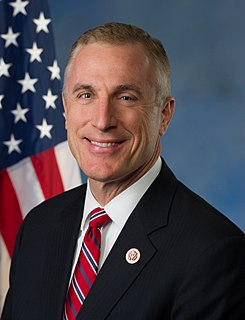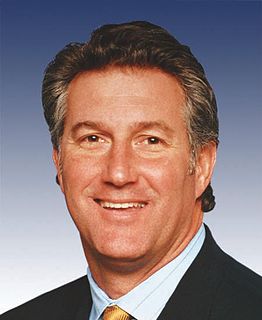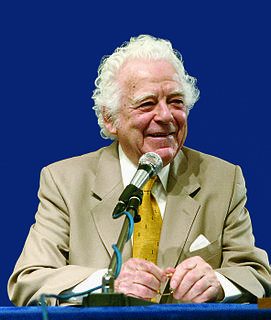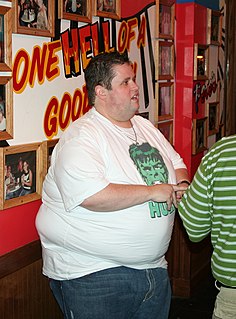A Quote by Josh Tickell
We can make most, if not all, of America's fuel from alcohol, from bits of plants leftover after they are harvested, from the hundreds of millions of tons of municipal waste we produce, and the over 1 trillion gallons of sewage we produce.
Related Quotes
This generation has altered the composition of the atmosphere on a global scale through radioactive materials and a steady increase in carbon dioxide from the burning of fossil fuels. Entire regional airsheds, crop plant environments, and river basins are heavy with noxious materials. Motor vehicles and home heating plants, municipal dumps and factories continually hurl pollutants into the air we breathe. Each day almost 50,000 tons of unpleasant, and sometimes poisonous, sulfur dioxide are added to the atmosphere, and our automobiles produce almost 300,000 tons of other pollutants.
Just as Americans have discovered the hidden energy costs in a multitude of products-in refrigerating a steak, for example, on its way to the butcher-they are about to discover the hidden water costs. Beginning with the water that irrigated the corn that was fed to the steer, the steak may have accounted for 3,500 gallons. The water that goes into a 1,000-pound steer would float a destroyer. It takes 14,935 gallons of water to grow a bushel of wheat, 60,000 gallons to produce a ton of steel, 120 gallons to put a single egg on the breakfast table.
The use of refined petroleum as fuel, which began in the 1850s, freed hundreds of millions of people from the toil of centuries, gave hundreds of millions more a life of ease and plenty, and, by allowing great cities to feed themselves from every corner of the world, multiplied the population of the earth fivefold.

































